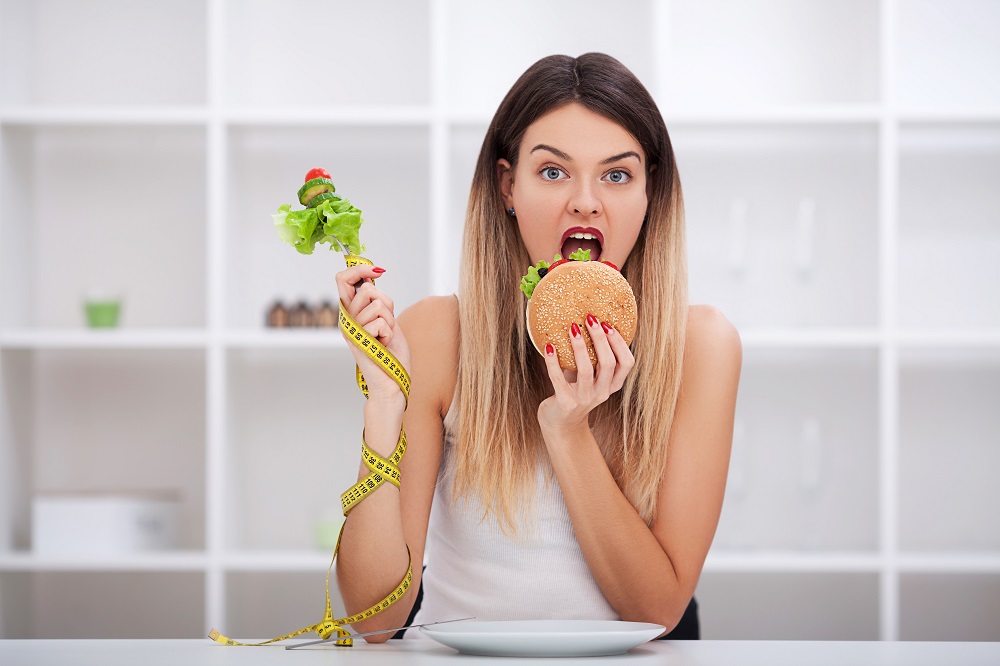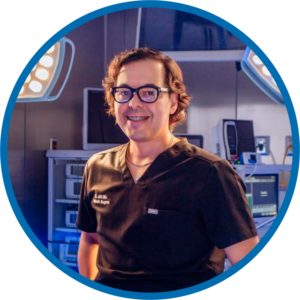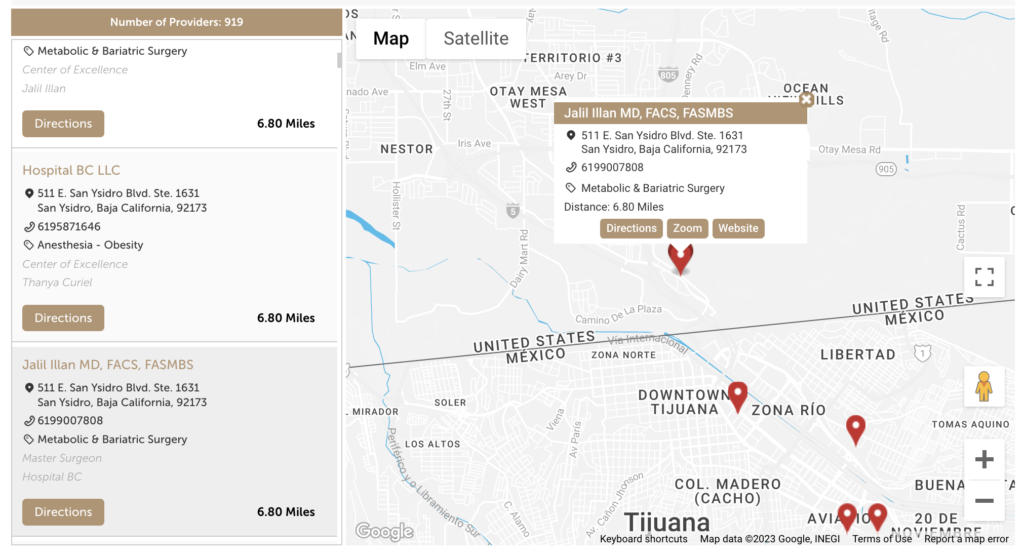The goal of gastric bypass surgery is to lower your overall food intake while also restricting caloric absorption. Gastric bypass surgery is a carefully crafted procedure that does both in an amazing way.
Gastric bypass makes it very difficult for a patient to overeat due to the stomach being a reduced size. However, it’s still possible for a patient to overeat, especially if it’s been some time since the surgery has taken place. What happens if you overeat after gastric bypass surgery? Here’s the answer.
What Happens If You Overeat After Gastric Bypass
Overeating is made difficult by design. The procedure makes it very hard to take in a large amount of food, and it also makes it difficult for that food to be absorbed into the body and stored as fat. So what happens if a patient tries to overeat?
Typically, it goes about as well as one may expect. The food is often rejected completely, resulting in vomiting. If this doesn’t happen, it usually results in abdominal pain and severe cramps. This result is a sort of behavior modification, where overeating behaviors are punished with pain.
It’s also possible that the patient will experience diarrhea after overeating. This is due to malabsorption: the body cannot digest the food, so it just passes the half-digested food and the nutrients are not absorbed into the body.
The risk for these effects goes down as more time passes post-surgery. As a result, some patients fall back into old behaviors after surgery, despite having lost a lot of weight very quickly.
Tips for Avoiding Overeating After Gastric Bypass
Eat Slowly
Slow down when eating! Eating too fast can cause a person to eat more food than they expect because they feel less full while eating. Eating fast could also be bad for gastric bypass patients, as it could result in abdominal pain. Pace yourself when eating and you should be able to avoid both overeating and the painful consequences of it.
Keep Portions Small
After the gastric bypass, your stomach more or less consists of a small pouch formed by the surgeon. It’s very small, about 30-45mL in volume or the size of an egg, and it cannot hold a lot of food at once.
As a result, it’s important to keep your portions very small.
Eat Frequently
Alongside with eating small portions, you should be eating frequent meals rather than large meals. Doing so will help keep you full throughout the day while still giving you all the nutrients you need.
An example of this is eating an egg & toast for breakfast, a half of a banana for a snack, a cup of soup for lunch, a protein shake for a 2nd snack, and a half of a sweet potato & 2 oz chicken breast for dinner. This is an example of a balanced day of eating with very small portions.






